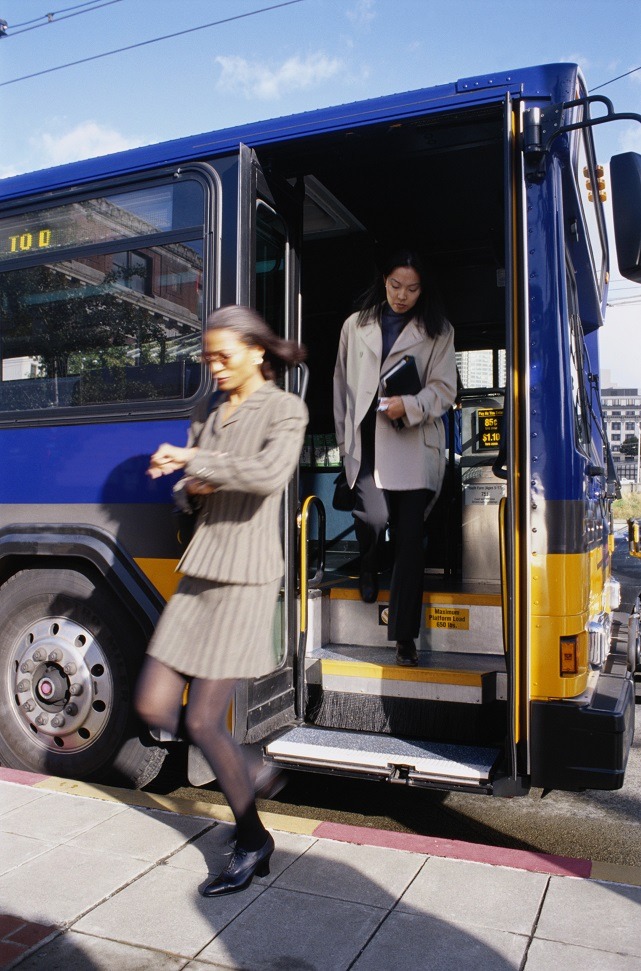
Legal Update: Seattle Commuter Benefits Effective on Jan. 1, 2020
by Ashley Wong | December 2, 2019Among the many changes going into effect on January 1, 2020 (lookin’ at you, Washington Paid Family and Medical Leave), one that may have snuck under the radar is the Seattle Commuter Benefits Ordinance. This ordinance requires covered employers to offer employees the opportunity to make a pre-tax payroll deduction to cover qualified transportation fringe benefits (except for parking). It is intended to “reduce traffic congestion and carbon emissions” by “encourag[ing] commuters to use transit options other than single-occupancy vehicles.” Alternatively, employers can partially or fully subsidize transit passes for employees to satisfy the ordinance.
The ordinance applies to Seattle businesses (other than non-profits and government entities) with 20 or more employees, regardless of employee location. However, the benefits only need to be offered to those employees who work an average of ten or more hours per week in the city of Seattle.
Employers must offer the benefit to employees within 60 days of the employee’s start date. It will permit employees to deduct from taxable wages up to the IRS limit for transportation fringe benefits (except parking), which has is set at $270 per month for 2020. The payroll deduction must be provided within 30 days of the employee’s election.
The Office of Labor Standards (OLS) will enforce the ordinance beginning January 1, 2021. Because OLS is still finishing the rulemaking process, there are still several unanswered questions, including, for example, the amount of transit pass subsidy that would be required to satisfy the ordinance if an employer chooses to go that route. The public comment period on the proposed rule ends on December 5, 2019. OLS is expected to release the final administrative rules and the required notice poster before the end of the year. In the meantime, employers can reference OLS’s Q&A and Summary resources for additional details.